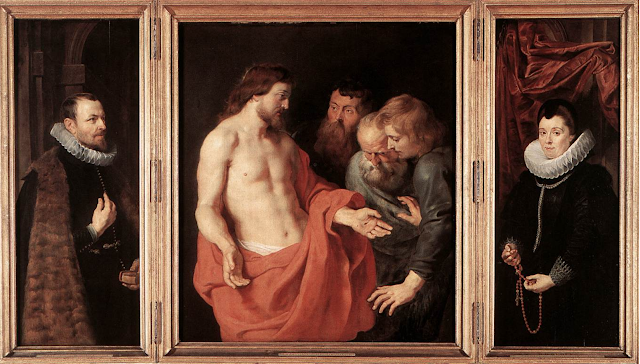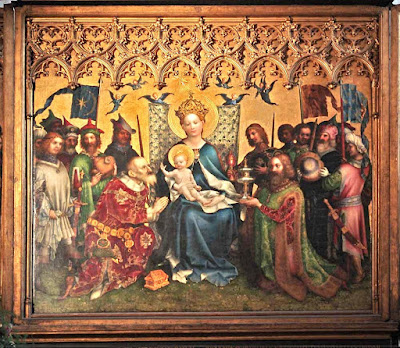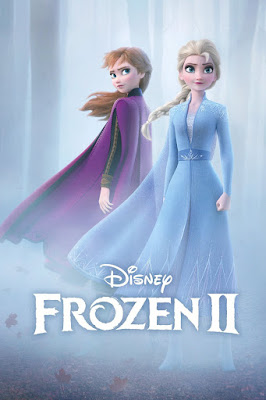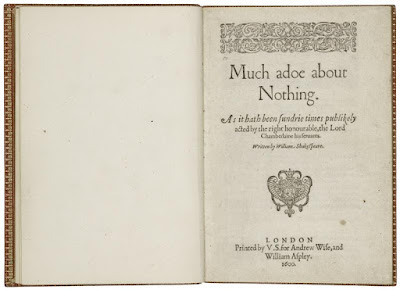Hamlet and the Conversion of Saul
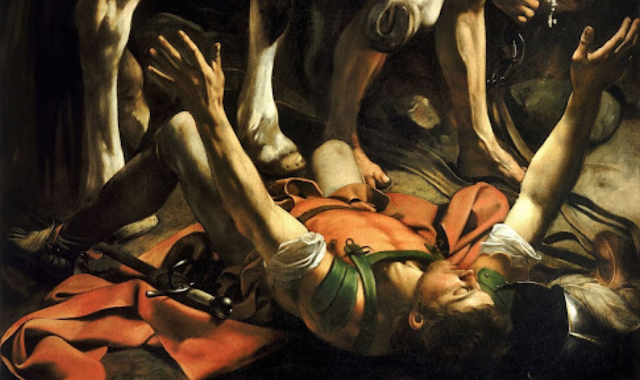
[Detail: Conversion on the Way to Damascus: Caravaggio (c.1600-1). Image from Wikipedia, in the public domain. Full image below.] I have been thinking about Pauline influences on, or echoes in, Hamlet. Some of these in particular are in the first scene, some in a middle scene, and some in the last. In the first scene of Hamlet , Francisco might be the first sentinel on stage. The second sentinel, Bernardo, enters cautiously and asks a question. But instead of answering, sentinel Francisco demands that Bernardo answer his own question first: Bernardo: Who’s there? Francisco: Nay, answer me: stand, and unfold yourself! This construction of dialogue is notable for having one character ask a question, and the other, more authoritatively, turn it back on him. Most Shakespeare scholars assume Francisco is still on duty and the person in charge, coming to the end of his shift; Bernardo is coming on duty to relive him, but perhaps nervous and not quite following protocol. S...

